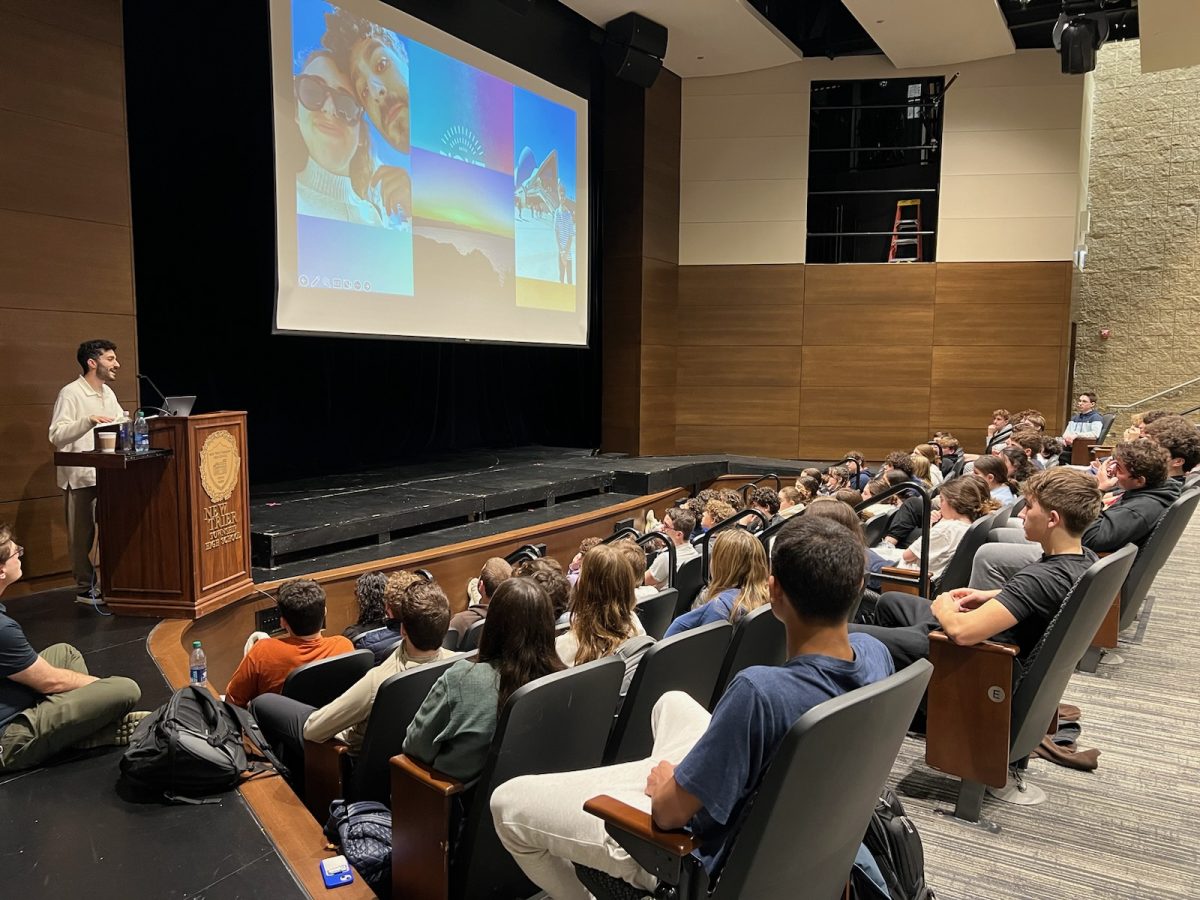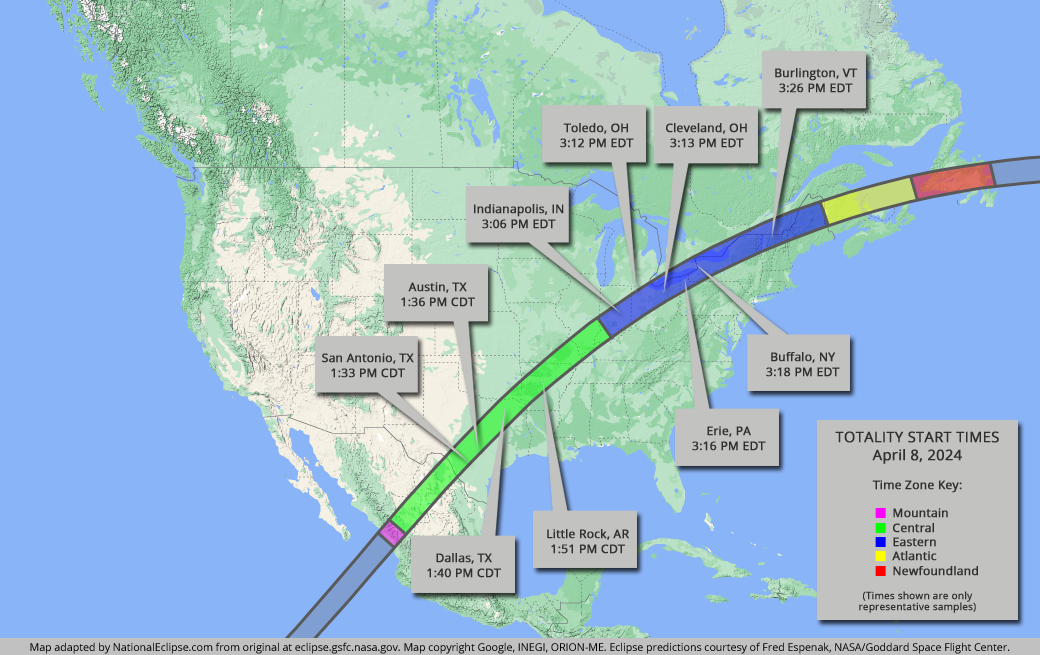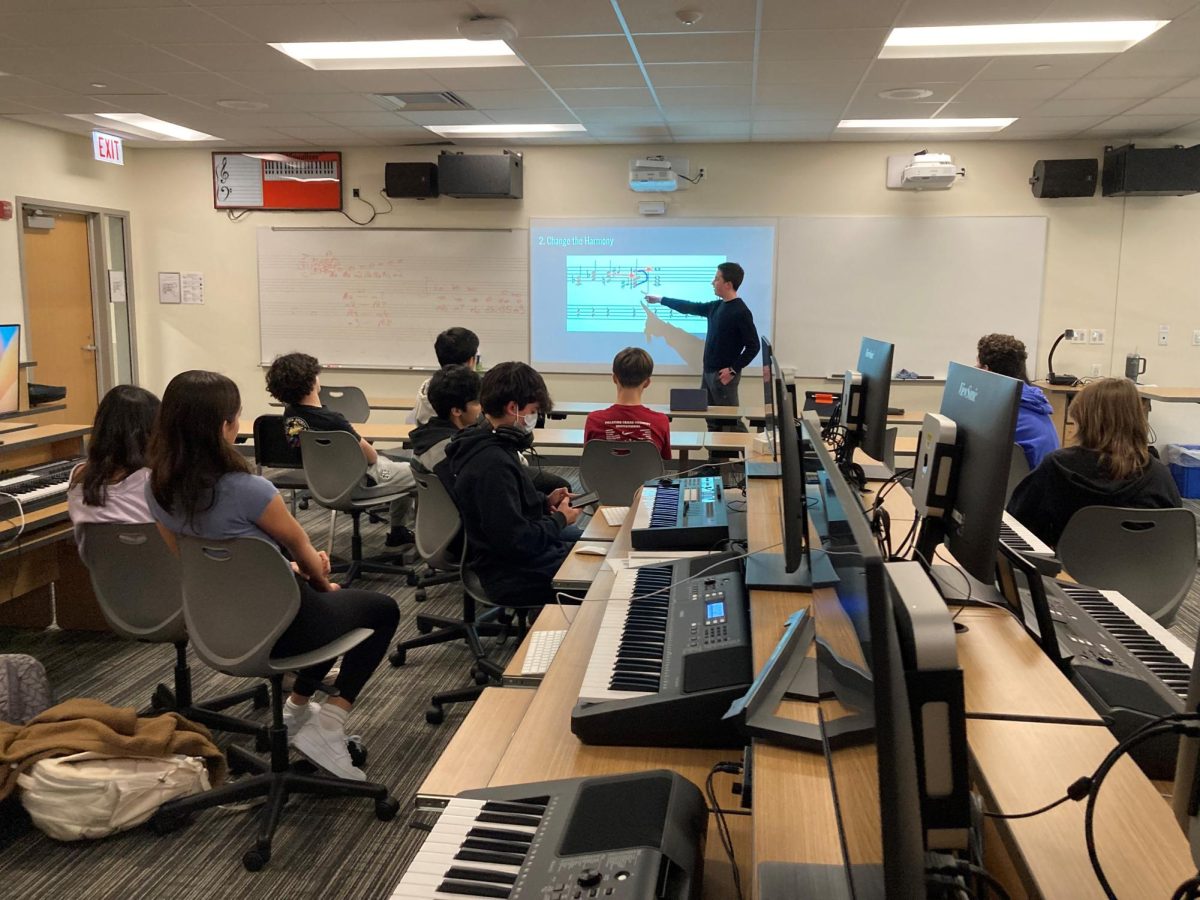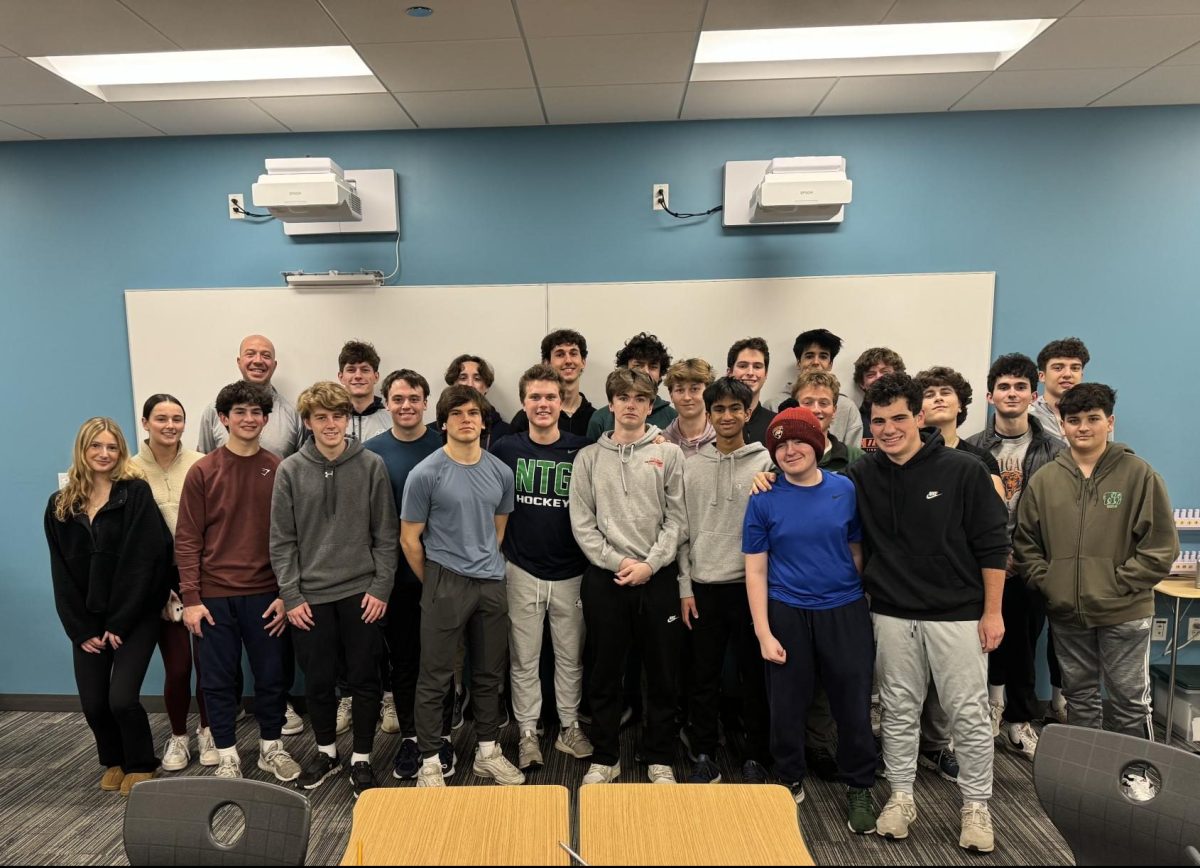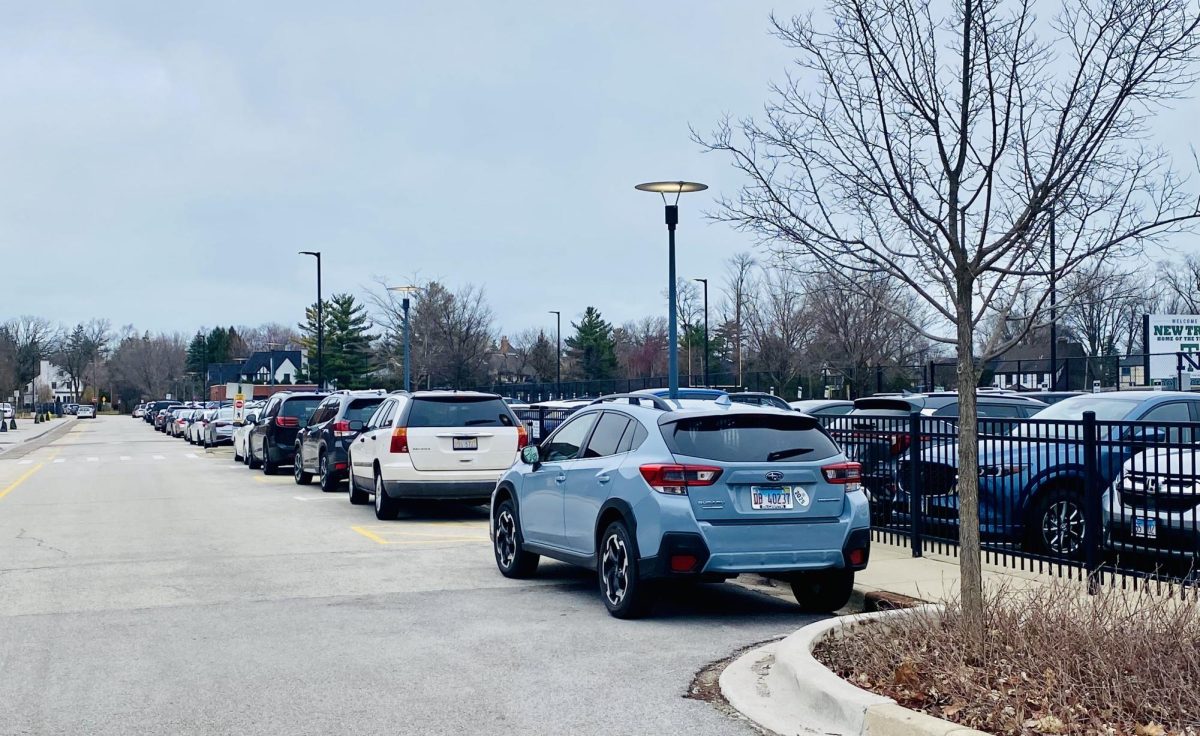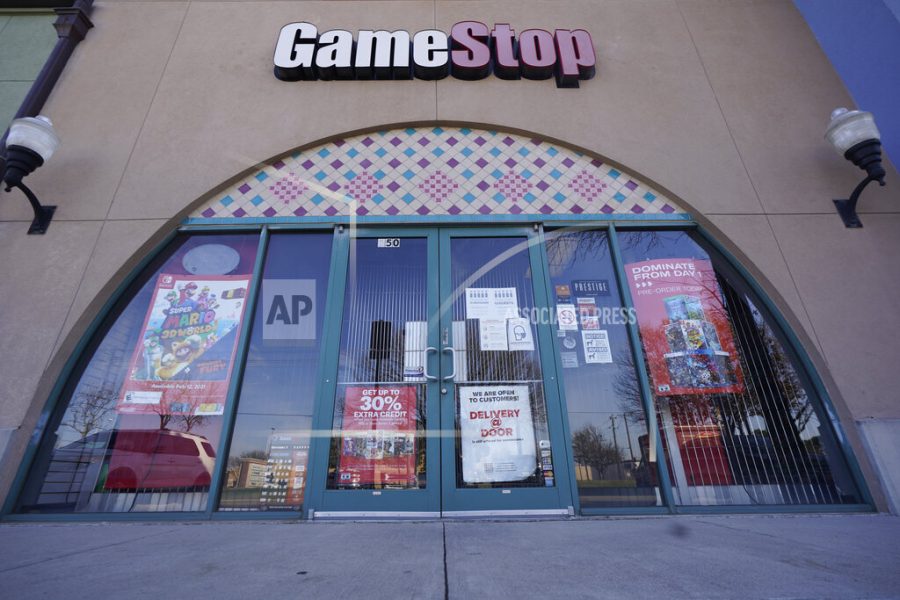How and why GameStop Stocks Surged
A group of Reddit investors decides to take on Wall Street hedge funds
A GameStop in Dallas, Tx. The struggling video game chain is at the center of a stock explosion
How does a dying company’s stock rise over 1000 percent in just a few days?
Well, as it happens, Reddit, specifically r/wallstreetbets.
Beginning Jan. 12, the stock price of GameStop (GME) spiked from a little less than $20 to a lofty $347 over a few days. The surge lasted for about a week before prices started to lower again. At the time of writing, GME is hovering at $101, after a another recent surge, and remains volatile.
To put all this in context, the highest price GME had ever risen to before 2021 was $61.45 in 2007. GameStop has been losing business since then too, with sales rapidly decreasing as downloading games digitally has become more and more popular.
One investor spent $53,000 on GME when it cost $4 a share. Anyone who has that kind of money is not a ‘little guy’.
— Matthew Mersch
A group of small-time day traders noticed that many Wall Street firms had “shorted” GME. A short is essentially betting that a stock’s price will go down. The group knew that if GME rose in price these firms would lose money, so a massive number of users in this group invested in GME. With thousands of people practically dumping money into the stock, and its price skyrocketed.
Remarkably, many of the investors on r/wallstreetbets claim they were not in it for the money but did this only to see if they could.
There were two types of people investing: those interested in making money, and those interested in sending a message. The first type made money—thousands, if not millions of dollars, if they played their cards right and bought GME at the beginning of the stock surge and sold at its peak.
Those trying to make a point? Not so much. The GameStop defenders are holding their stock—buying, but not selling to prove to Wall Street that they have the power to influence the market, too.
Some investors argued that Wall Street deserved the drastic losses it saw because of its tendency to gamble with the economy only to beg the government for a bailout when it loses. This kind of thinking was widespread in r/wallstreetbets, which has grown by about 6 million users since Jan. 12, and was used to justify the massive hit dealt to some firms.
As with the day traders online, students caught on quickly. Business teacher Matthew Mersch, explained that, though he was interested in the situation, it might not have been as good of a learning opportunity for his students as one might think.
“Many of my students now expect to make 100% returns in a week. The best fund managers in the world shoot for 9-10% returns over a year. What happened in GME is not realistic.”
Mersch wondered how he might get his students to focus on “buying and holding good stocks” and not going after sensationalized, quick turnaround stocks like GME, which are more likely to cost them their money.
According to Mersch, describing the GME surge as a “little guy takes down Wall Street” situation would be inaccurate. Many GME traders were willing to put sums of money into the company that rivaled those typically spent by Wall Street.
“One investor spent $53,000 on GME when it cost $4 a share. Anyone who has that kind of money is not a ‘little guy’,” said Mersch.



